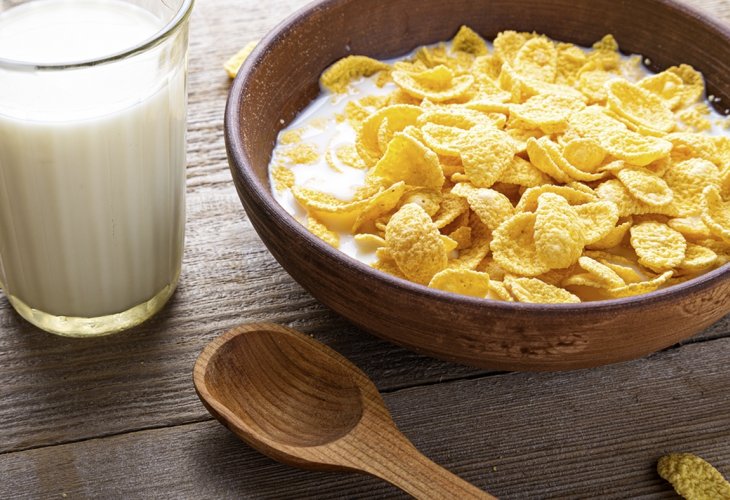The Food Industry's Psychological Tricks
Producers employ marketing psychologists who are well aware of what the public wants, and they have no problem making promises to deliver, even if those promises aren't always kept.
 (Photo: shutterstock)
(Photo: shutterstock)Food manufacturers do everything possible to keep us in the dark about what's really in their products. How do we deal with this?<\/p>
As the world becomes more filled with toxins and junk foods, health foods are increasingly in demand. A product advertised as "free from" or without harmful ingredients, especially if labeled "zero fat" or "reduced calories," will be bought at any price.<\/p>
Producers work with marketing psychologists who know exactly what the public demands, and they're more than willing to make promises to deliver, even if those promises aren't always present.<\/p>
Want health? The packaging promises it, but not the product. Sometimes, only half or a small percentage of the truth is on the packaging. Here are a few examples.<\/p>
- Whole Wheat Crackers – Wrapped in green packaging, made from whole wheat, and generally considered healthy. Yet, checking the ingredients shows it contains 14% fat, much of which is saturated. Such a product can't be classified as healthy food.<\/li>
- Granola Bars – They seem like a healthy snack with dietary fibers, dried fruits, and nuts. The product has persuasive nutritional information, but reading the small print reveals it contains unhealthy and even harmful fats.<\/li>
- Breakfast Cereals, often called "champions" – part of the "whole" group. These products are high in sugar and additional substances, making them unsuitable for kids before school as they can cause sugar spikes and restlessness.<\/li>
- Instant Meals – "Natural" ingredients that are destroyed in the manufacturing process.<\/li><\/ul>
Savvy consumers arm themselves with knowledge, planning, and thought. Choices should be made carefully, not based on packaging alone. Assess products on the supermarket shelves. Check sodium and sugar content; steer clear of items containing partially hydrogenated vegetable fat - margarine; poultry and meat products - ensure they are unprocessed and preservative-free. Sausages are a red line.<\/p>
Read the nutritional information table - compare similar products, and choose those with fewer harmful substances and unfamiliar ingredient names. Prefer raw over processed foods. When we prepare our own meals, we control the sugar, sodium, and fat content.<\/p>
Zohara Sharvit is a naturopath N.D and an iridology specialist, with extensive experience in treatment, counseling, and workshop facilitation. To book a free workshop, call 073-2221290.<\/strong><\/em><\/p>

